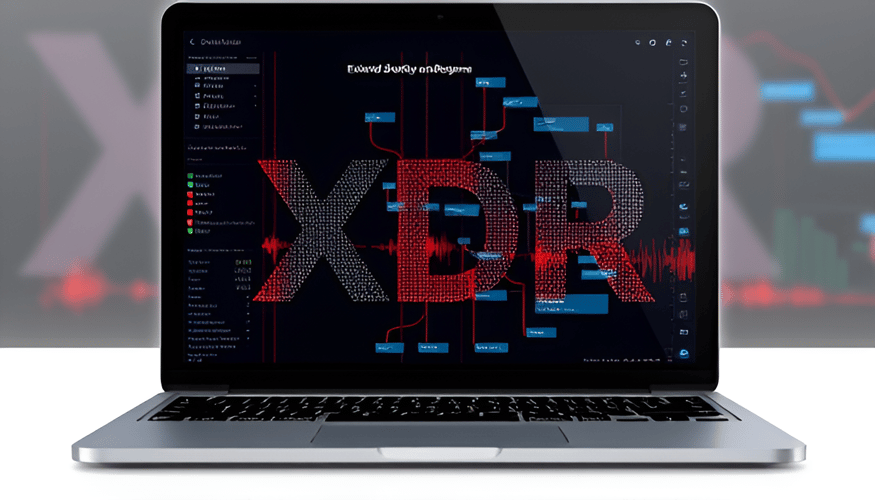As organizations around the world accelerate their digital transformation initiatives, the demand for ethical hackers has never been greater. The shift to cloud-based technologies, increased smartphone penetration, and the rise of remote-hybrid work environments have created unprecedented opportunities for businesses, but these advancements come with heightened cyber risks. Cybercriminals, including state-sponsored actors, are exploiting vulnerabilities in digital platforms to compromise data, extort ransoms, and disrupt operations.
Ethical hackers, or "white hat" hackers, play a crucial role in defending against cyber threats. By using their skills to identify vulnerabilities before malicious actors can exploit them, ethical hackers are key to building stronger, more resilient digital systems. This article explores the growing importance of ethical hackers in the age of digital transformation and how they can help organizations safeguard their critical assets.
Ethical Hackers and Digital Transformation
As digital transformation accelerates across industries, organizations are adopting more complex technologies to enhance operations, improve customer experiences, and streamline workflows. From cloud-based applications to mobile platforms and automated business processes, these innovations are transforming how businesses operate. However, they also increase the attack surface for cybercriminals.
Ethical hackers, often referred to as white hat hackers, use their expertise to test and secure digital systems. Their work involves proactively identifying security flaws, conducting penetration testing, and simulating real-world cyberattacks to help organizations strengthen their defenses. By doing so, they ensure that the technologies driving digital transformation remain secure and resilient.
Why Ethical Hackers Are More Important Than Ever
With cybercrime on the rise, ethical hackers have become essential in protecting organizations from increasingly sophisticated attacks. The demand for their skills is growing rapidly as businesses and governments recognize the need for proactive cybersecurity measures. Here are some key roles that ethical hackers play in today’s cybersecurity landscape:
- Penetration Testing: Ethical hackers simulate cyberattacks to uncover vulnerabilities in systems, networks, and applications. By identifying weaknesses before cybercriminals can exploit them, penetration tests help organizations bolster their security defenses.
- Vulnerability Scanning: Ethical hackers use advanced scanning techniques to detect security flaws, such as open ports and misconfigured systems, that could be exploited by attackers.
- Patch Management: White hat hackers verify that software updates and patches are installed correctly, ensuring that known vulnerabilities are addressed.
- Social Engineering: Ethical hackers use techniques like phishing simulations to test how employees respond to potential attacks, providing valuable insights into improving security awareness.
- Research and Development: Ethical hackers contribute to advancing cybersecurity research by developing new methods for defending against emerging threats.
The Escalating Cybercrime Landscape
The frequency and severity of cyberattacks continue to rise, with a new organization falling victim to cybercrime every 11 seconds. In 2021 alone, ransomware attacks, data breaches, and phishing scams have become daily occurrences, affecting organizations of all sizes and sectors. Whether it’s a global corporation or a small business, no organization is immune to the threats posed by cybercriminals.
Given the scale of these attacks, organizations must be prepared to respond quickly and effectively. Ethical hackers provide the expertise needed to identify vulnerabilities and implement preventative measures, helping organizations stay ahead of cybercriminals.
Building Cyber Resilience with Ethical Hackers
As the cyber threat landscape evolves, organizations must adopt a proactive approach to cybersecurity. Ethical hackers are at the forefront of this effort, using their knowledge of cybercriminal tactics to protect digital assets and infrastructures. By working with ethical hackers, organizations can strengthen their defenses, minimize the risk of data breaches, and ensure business continuity in the face of cyberattacks.
At Gradient, we understand the critical role that ethical hackers play in today’s cybersecurity environment. Our team of experienced white hat hackers is dedicated to helping organizations build a more robust and resilient cybersecurity posture. With our expertise in penetration testing, vulnerability scanning, and advanced cybersecurity solutions, we provide the tools and strategies needed to defend against even the most sophisticated cyber threats.
The Time to Act is Now
Cybercrime is a growing threat, and it’s not a question of if your organization will be targeted, but when. With the right expertise and support, you can protect your organization’s valuable data and infrastructure from the devastating effects of cyberattacks.
At Gradient, our ethical hackers are here to help. Contact us today to learn more about how we can strengthen your cybersecurity defenses and ensure that your organization is prepared for the challenges of tomorrow. Let us help you build a cyber resilience strategy that keeps your business safe and secure.



.png?height=500&name=GC%20+%20IM%20Logo%20(33).png)